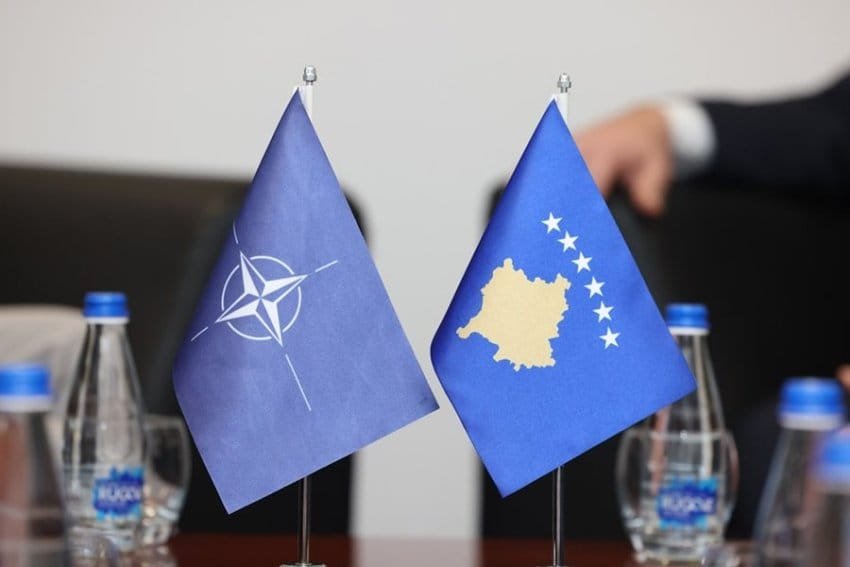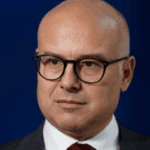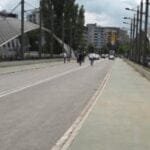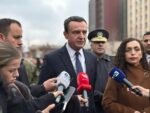The Initial Plan and a Near Miss
NATO commanders initially planned to deploy their forces at Pristina airport on June 11, 1999, while 250 Russian soldiers were already en route to the airport. Instead, NATO decided to send its forces to the Kaçanik Gorge—had they encountered the Russians, who knows what might have happened. World War III could have started, explains Adrian Freer, 25 years later, the leader of the brigade that was supposed to land at the airport.
Paratroopers of the 5th Airborne Brigade led by Brigadier Adrian Freer were initially planned to land at the airport near Pristina. However, NATO commanders changed their minds and sent them to secure the southern entrance to Kosovo at the Kaçanik Gorge.
Avoiding a Catastrophe
Who knows what might have happened if they had not been redirected to this location? Notably, 250 Russian soldiers were already en route to the airport by land from Bosnia and Herzegovina, just before the entry of 50,000 NATO troops from North Macedonia and Albania.
The deployment of NATO soldiers was supposed to coincide with the withdrawal of Yugoslav and Serbian forces. However, nothing was guaranteed.
“NATO forces decided that if the Yugoslav Army wanted to create difficulties, the Kaçanik Gorge could block them. Everything happened very quickly. There was very little delay in passing through the Kaçanik Gorge, and then I was asked to reach Pristina airport quickly. The situation was extremely tense,” Freer recalls in an interview from his home in Scotland, 25 years later.
The story of the Russian march to Pristina and what followed became legendary after it was revealed a few months later that the British general in charge of NATO forces in Kosovo, Michael Jackson, refused an order from the United States, NATO’s supreme commander Wesley Clark, to push the Russians back.
It quickly became clear that the withdrawal of the Russians “for some diplomatic reasons” was not being discussed.
Diplomatic Tensions
Zavarzin, who at that time was the Kremlin’s military representative to NATO, was “very clear about his intention,” Freer recalls. The presence of the general added significant weight to the Russian operation.
“As is known, Russia and Serbia were hand in hand, especially since Russia came to help Serbia, if I can say so,” he said.
Looking back, Freer notes that the UK’s stance on avoiding direct confrontation with Russian forces was “absolutely correct.”
“In the end, common sense prevailed. It would have been a disaster,” he concluded.
The Russians remained at the airport for four years—they withdrew in July 2003. Five years later, Kosovo declared independence, supported by major Western powers, but not by Russia and Serbia.
Echoes in Ukraine
A quarter of a century later, amidst a new war in Europe, Freer emphasizes that he and his soldiers deployed in Kosovo felt they were part of something meaningful, something truly significant.
“There was undoubtedly terrible ethnic cleansing, and people were traumatized. There’s no doubt. We supported a humanitarian operation after the crimes. It’s clearly similar to what’s happening now in Ukraine, where civilians are very much on the front line and suffering,” he said, drawing parallels with Ukraine after the Russian invasion in February 2022.
When asked if he advocates for more direct Western intervention in the Ukraine war, Freer stresses that it would be “ungrateful” of him to try to predict NATO’s next steps regarding the conflict.
“However, there is absolutely no doubt that without full NATO support, particularly in training Ukrainian soldiers and providing weapons and materials, Ukraine would not be able to conduct its current operations,” he said, reports N1.







